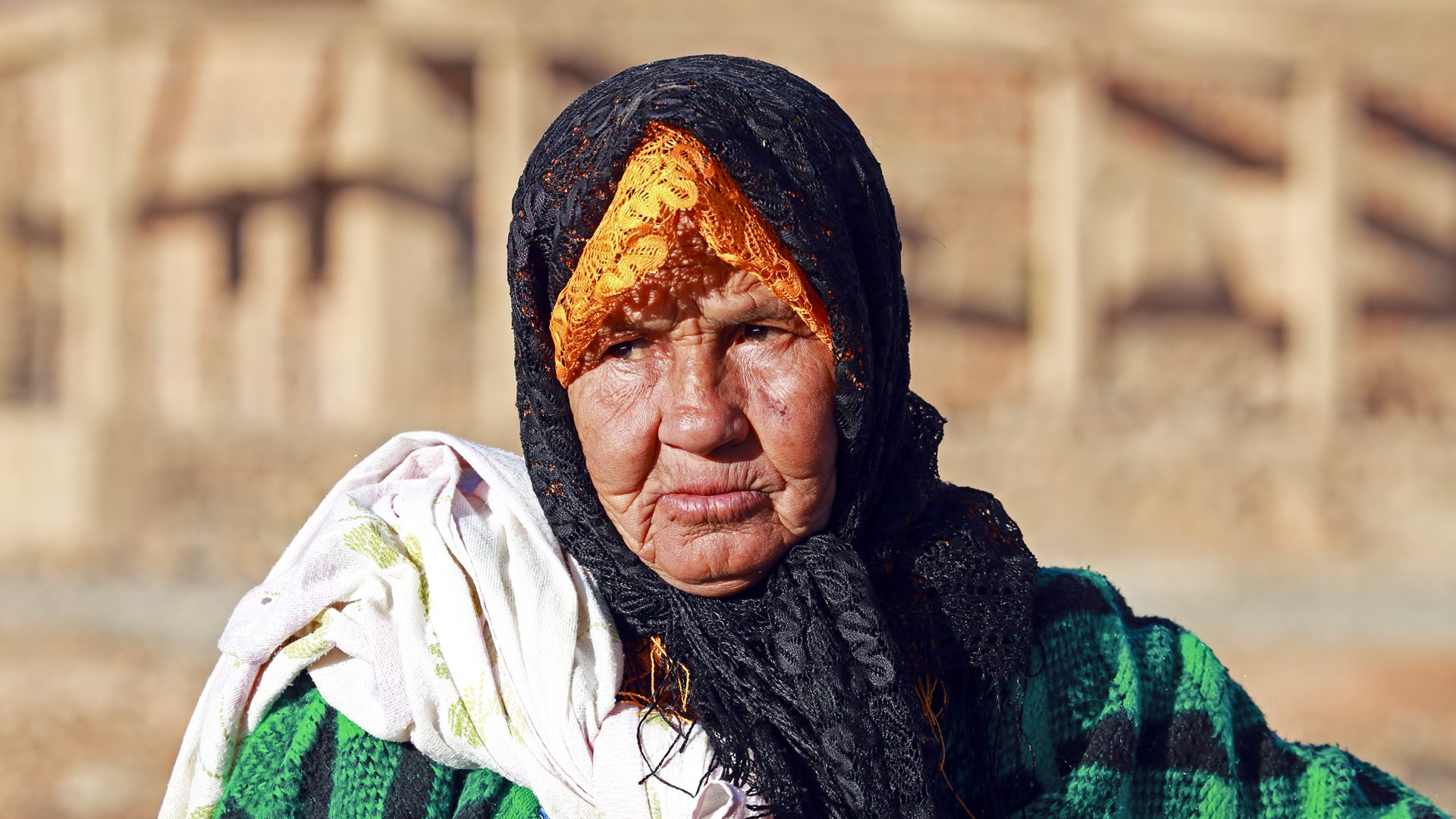The devastating earthquake that hit Morocco late on Friday 8 September will create huge challenges for those seeking to address the impact on the millions of survivors.
HelpAge International has been assessing how older people are likely to be affected by the earthquake and what response will be required.
Chris McIvor, Regional Representative for Eurasia and the Middle East who previously spent three years working in Morocco said:
“As the death toll rises in Morocco, we are very concerned about the potential impact on the country’s older population. The earthquake is going to have a particularly devastating impact on vulnerable people in hard-to-reach locations.”

